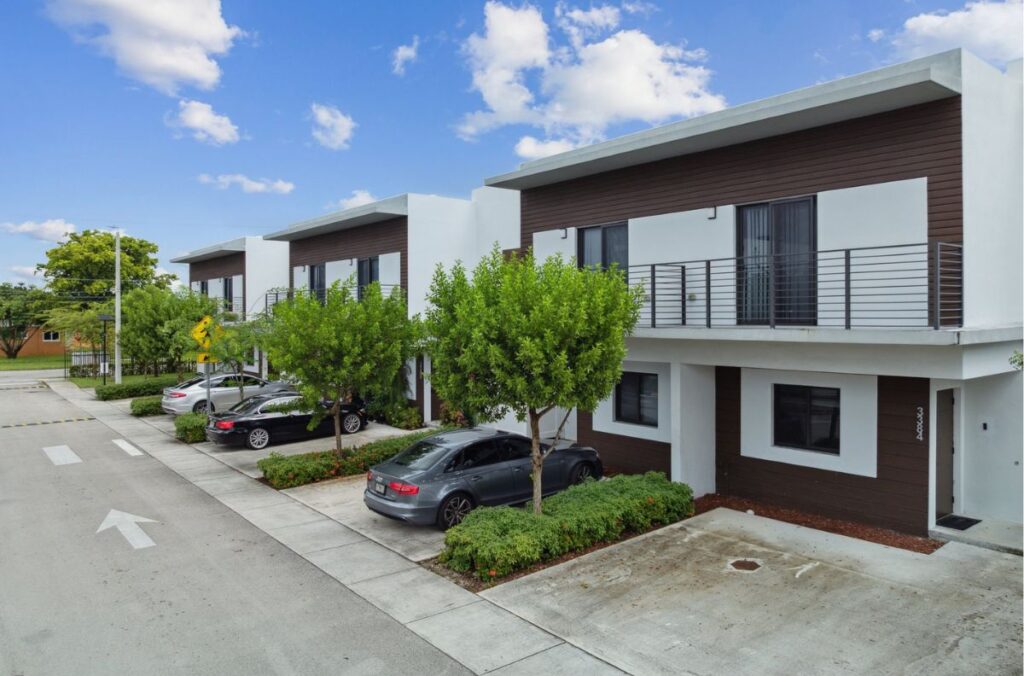DSTs Gain Favor as a Fractional CRE Ownership Structure
November 9, 2020
Dr. Steve Rogers of Falls Church, Va. is four years into his first fractional real estate investment, and he couldn’t be happier. The former veterinarian sold his business and the building it was housed in when he retired. Rather than paying a steep tax bill on the capital gain, he opted to roll his $1 million into a 1031 tax-deferred exchange.
He didn’t have to look far for advice. His brother Louis Rogers is the founder and CEO of Capital Square 1031. Through Capital Square, Rogers was able to invest the $1 million across four different Delaware Statutory Trust (DST) investments, giving him a fractional ownership in two apartment buildings and two medical dialysis centers.
Dr. Steve Rogers of Falls Church, Va. is four years into his first fractional real estate investment, and he couldn’t be happier. The former veterinarian sold his business and the building it was housed in when he retired. Rather than paying a steep tax bill on the capital gain, he opted to roll his $1 million into a 1031 tax-deferred exchange.
He didn’t have to look far for advice. His brother Louis Rogers is the founder and CEO of Capital Square 1031. Through Capital Square, Rogers was able to invest the $1 million across four different Delaware Statutory Trust (DST) investments, giving him a fractional ownership in two apartment buildings and two medical dialysis centers.
“It saved me hundreds of thousands in taxes, and the second thing I was looking for was cash flow,” says Rogers. The DST investments creates a monthly income of five to six percent, and the 1031 exchange also allowed him to invest a much larger amount. “It’s like Christmas every month. On the 10th of the month, four checks pop into my checking account,” adds Rogers.
Fractional ownership structures, such as DSTs, limited liability companies (LLCs), limited liability partnerships (LLPs) and crowdfunding, continue to attract a wide cross section of investors from newcomers to sophisticated high-net-worth individuals and family offices. “Pre-COVID, syndications and fractional interest were at highs, perhaps not all-time highs, but highs for this cycle,” says A. Yoni Miller, co-founder of QuickLiquidity, a private equity firm that invests in commercial real estate debt and equity.
Investors are drawn to the benefits of direct real estate ownership that include steady cash-on-cash returns, potential value appreciation, tax advantages and portfolio diversification. Although investors did push pause during the early weeks of the pandemic, interest in fractional ownership is once again picking up. Investors who are wary of the volatility in the stock market are looking at fractional ownership as a stable addition to balance investment portfolios.
To view the full story, click here.


